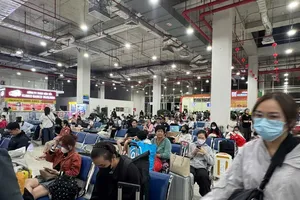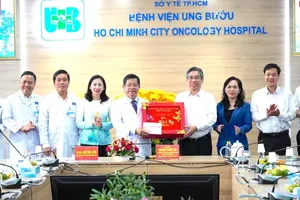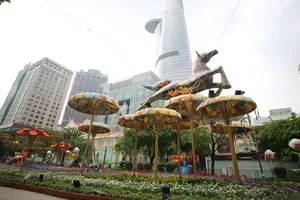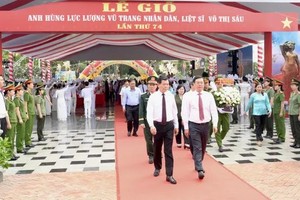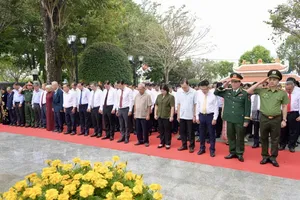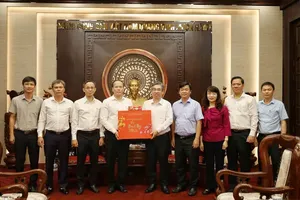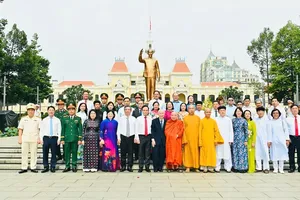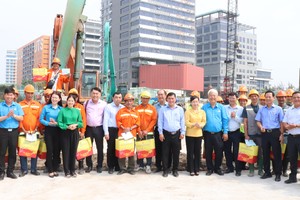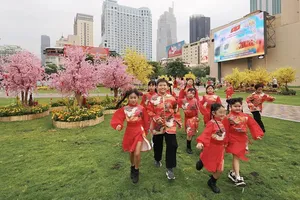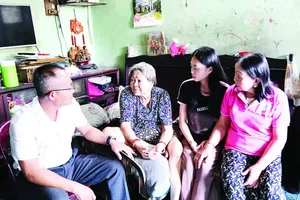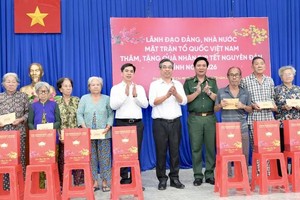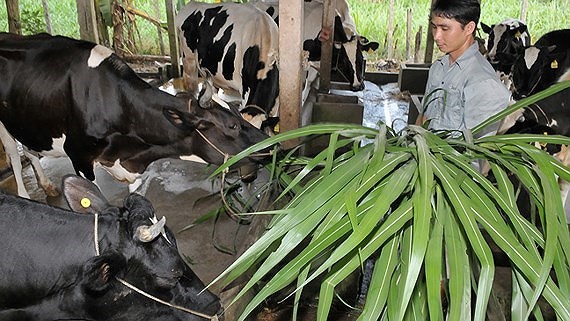
Director Tan said in early 2016, the city had over 115,000 poverty-line households and near-poor households accounting for nearly 5.8 percent of the city whole population.
Within two year, the city has given more than VND3 trillion ($129 million) to provide employment and improve living condition for members of 100,000 households.
Over 28,100 laborers were offered jobs and around 72,400 students of poor and near-poor families enjoyed exemption of school fee or received half remission of their tuition fees. Additionally, 780,000 low-income households were given health insurance cards.
It is expected that the city has just 4,800 households living below the poverty line and it can finish the program earlier than planned.
The city government has helped poor people by socioeconomic development policies and other policies. Specifically, from 2016 now on, the city has adopted measures for sustainable poverty reduction by creating good environment for production and improve access to basic social services for poor and vulnerable families, said Mr. Tan
Each poverty reduction policy aims to provide destitute people with the opportunities to improve their condition on their own. However, according to Mr. Tan, the deciding factor to escape poverty is their self-esteem and will of escaping poverty. Once these people change their mindset of waiting for helps from other, they attach great importance to vocational training to find good job in the future, they will succeed in escaping poverty.
Sustainable poverty reduction is one of the city’s top priority and long-term plan. The city plans to raise to VND28 million and VND36 million per capita per year for poverty-line households and near-poor households in 2019-2020 period as the city's economy develops and could maintain multi-dimensional poverty indicators.
It is forecast that in early 2019, the city will have 100,000 poor and near-poor households.
In two next years, the city will focus on helping the poor to improve education, employment, shelter and social insurance which are hard to reduce in the fight against poverty.
To escape poverty, destitute people must work to earn their own living; therefore, the city has checked and sorted out ages, education level, employment status of the poor to have suitable annual vocational training plan. Effective production models have been spread to all poor city-dwellers plus preferential loan policies creating more jobs for impecunious inhabitants, said Mr. Tan.
The city authorities have supported necessitous people to have jobs through loans from unions as well as facilitate firms to expand production to hire more workers and inform labor export to them with supporting policies.
Repairing and building charity houses for poor and near-poor households are also top priorities at present. In long-term, in addition to carrying out the urban renewal program, the city will raise housing areas of poor and near-poor people who will enjoy loans with low interest rates.
Furthermore, these people can hire or buy social housing.
The gap between the wealth and the poor has posed a pressure and challenges on the program, said Mr. Tan. The government will give support to low-income earners to improve their lives by creating good environment for production as well as enhance their access to basic social services. However, most of all, their will to escape poverty plays crucial role.
